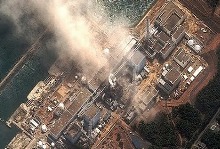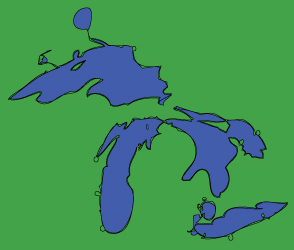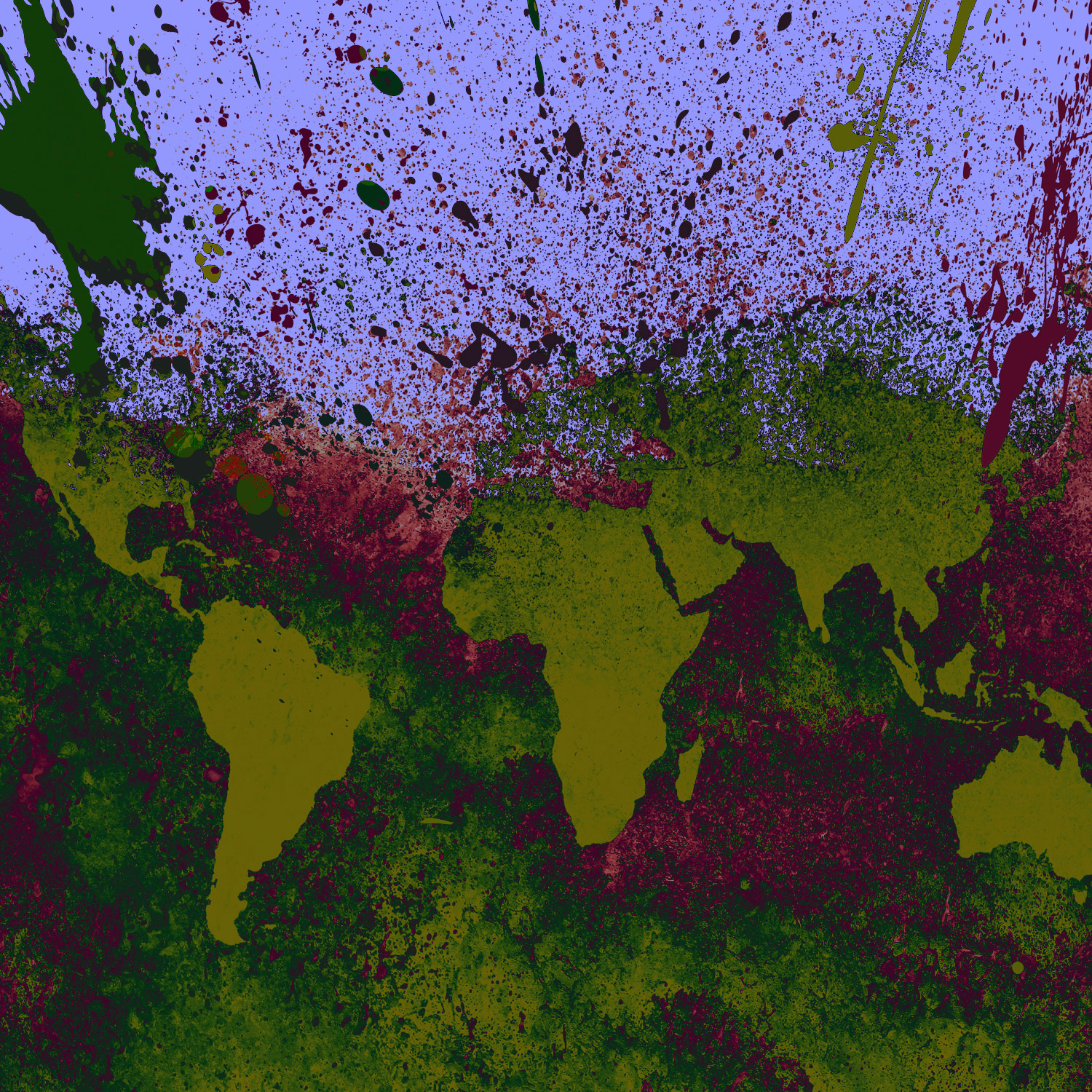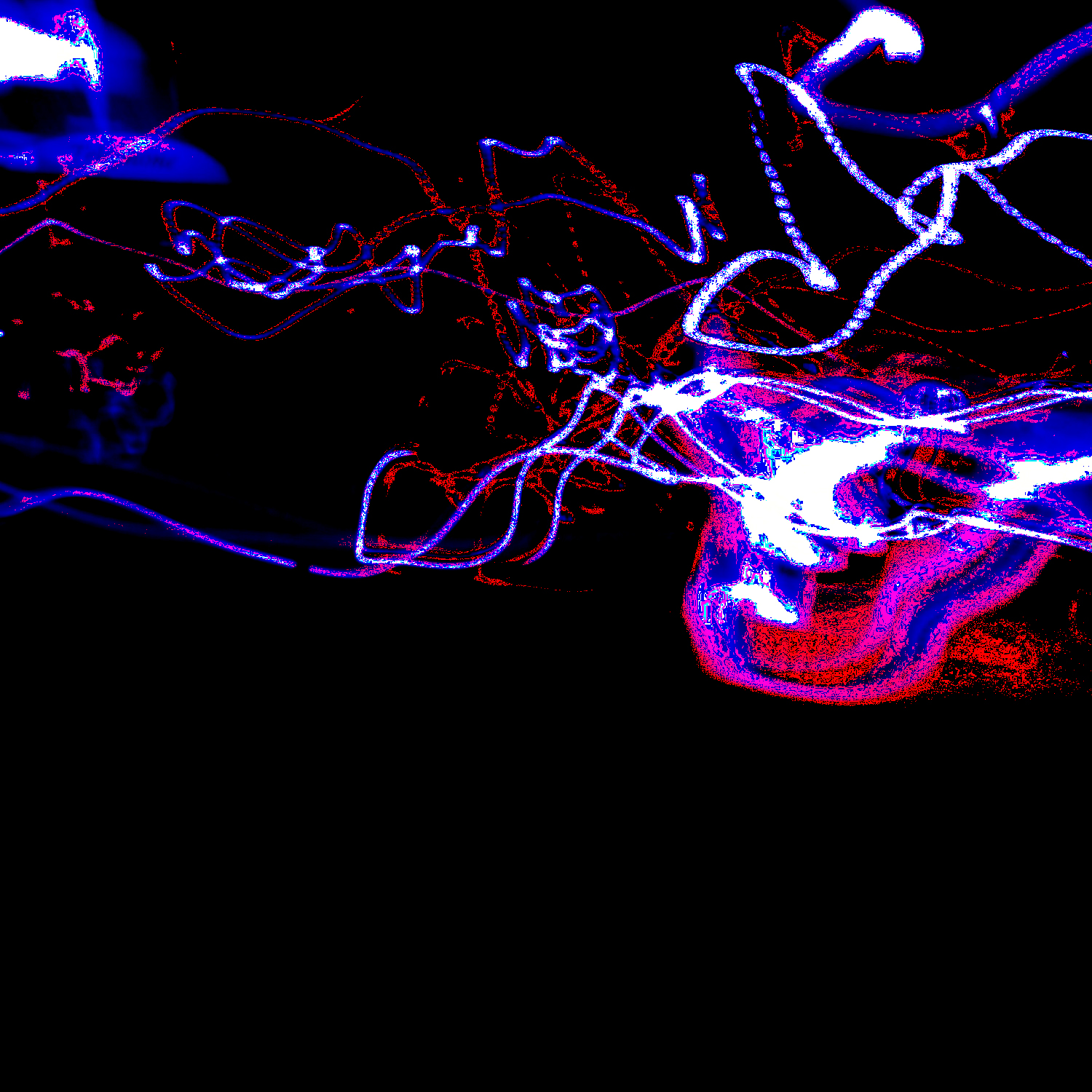
The Chicago Council on Global Affairs and The Chicago Council on Science and Technology will host a panel discussion on the crisis in Japan. The world’s eyes are on Japan as it struggles to recover from the largest recorded earthquake in its history. Continue reading “Japan’s State of Nuclear Emergency”

While the effects of climate change will vary across different ecosystems and sectors, the Great Lakes region is expected to experience large changes in climate during the 21st century. Hear about the impacts of these changes on Great Lakes ecosystems and livelihoods and discuss what the region needs to do to adapt to those changes.
Continue reading “Climate Change in the Great Lakes Region”

By the year 2035, it is estimated that our world’s dependent relationship with liquid fossil fuels will reach a staggering 110 million barrels a day, with the largest increase in consumption coming from the current developing world. Increased concern over global climate change and rising competition for dwindling fossil fuel resources will require scientifically advanced and environmentally friendly solutions to solve our worsening energy supply problems.
Continue reading “Future Fuels”

The idea that millions of years ago the earth was a frozen planet with mountains of towering ice and blankets of snow hundreds of feet thick is not a new one, but is that really how our world once looked? Two Geophysicists from the University of Chicago don’t think so.
Continue reading “Mudball Earth”





